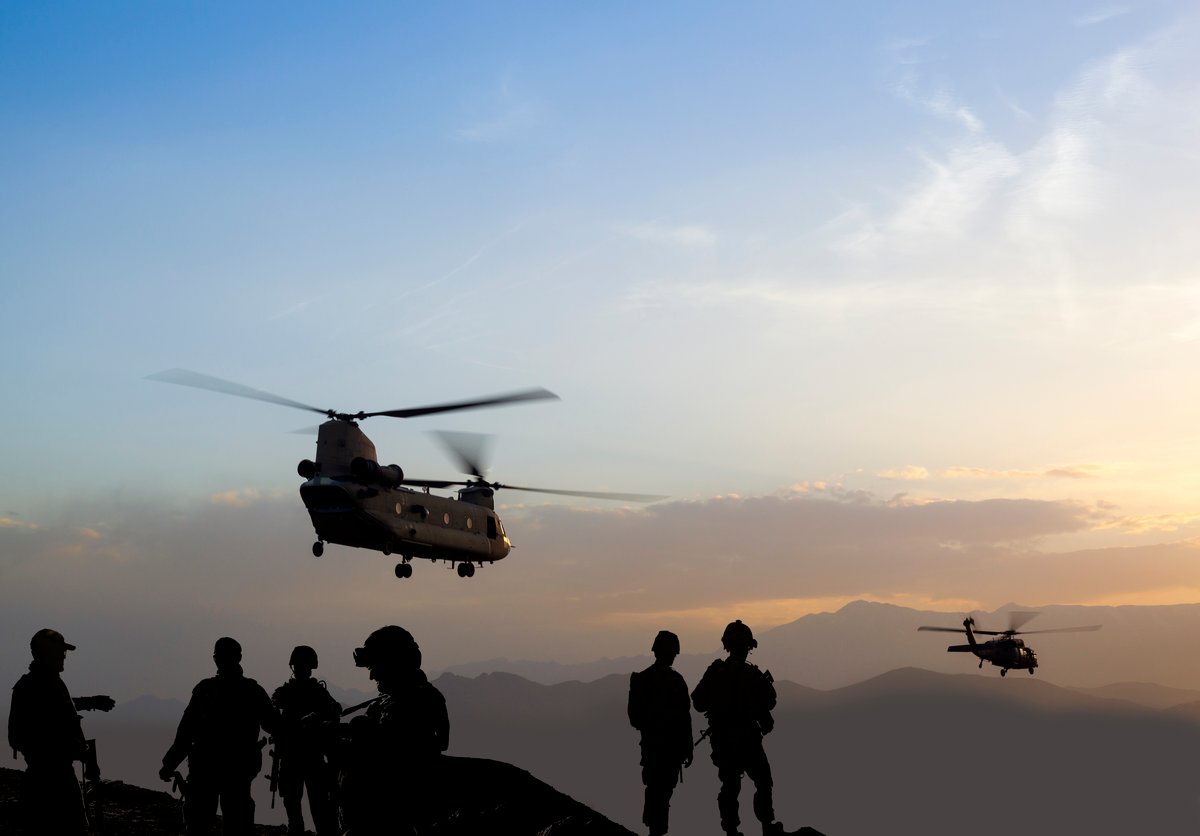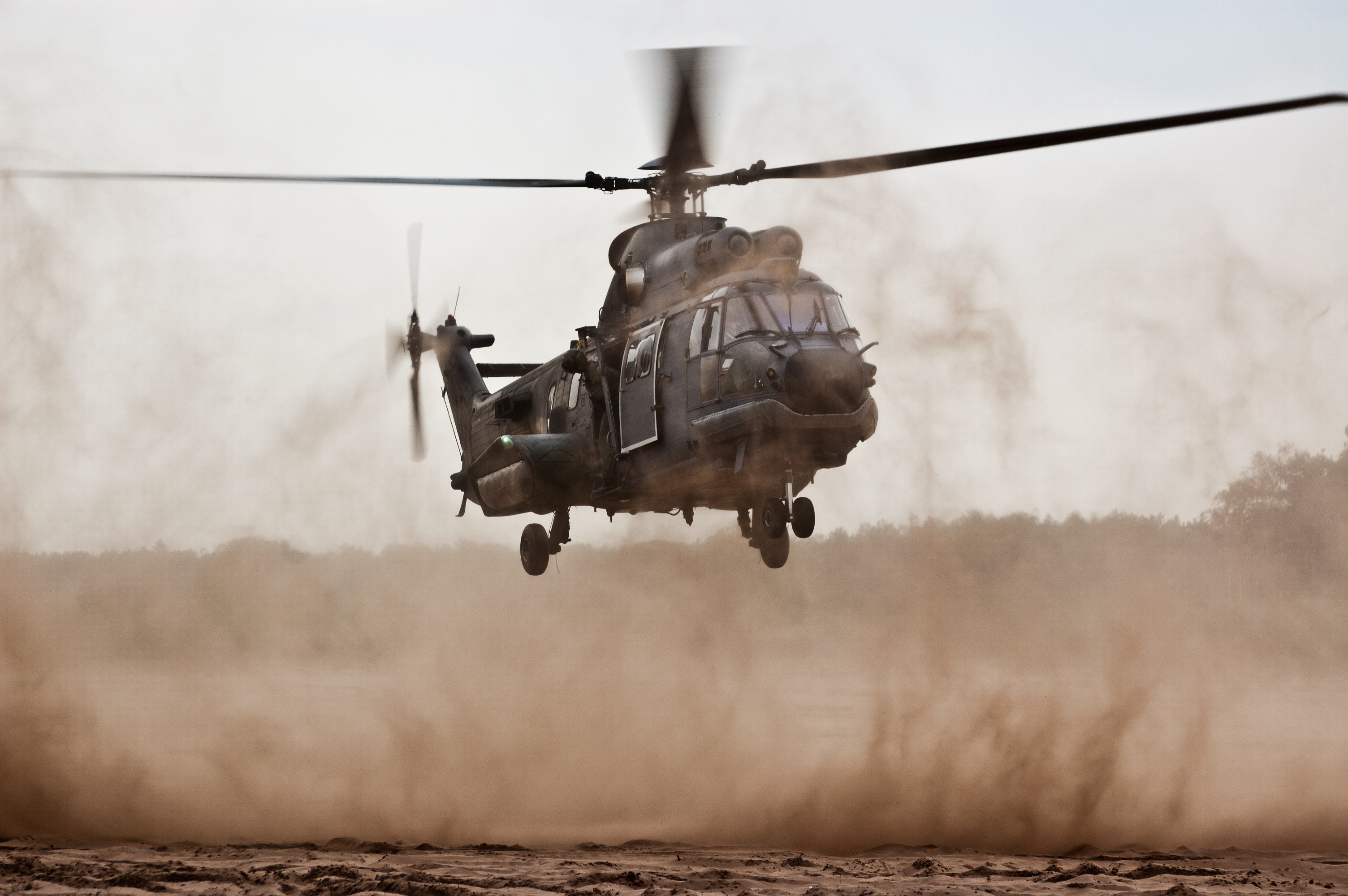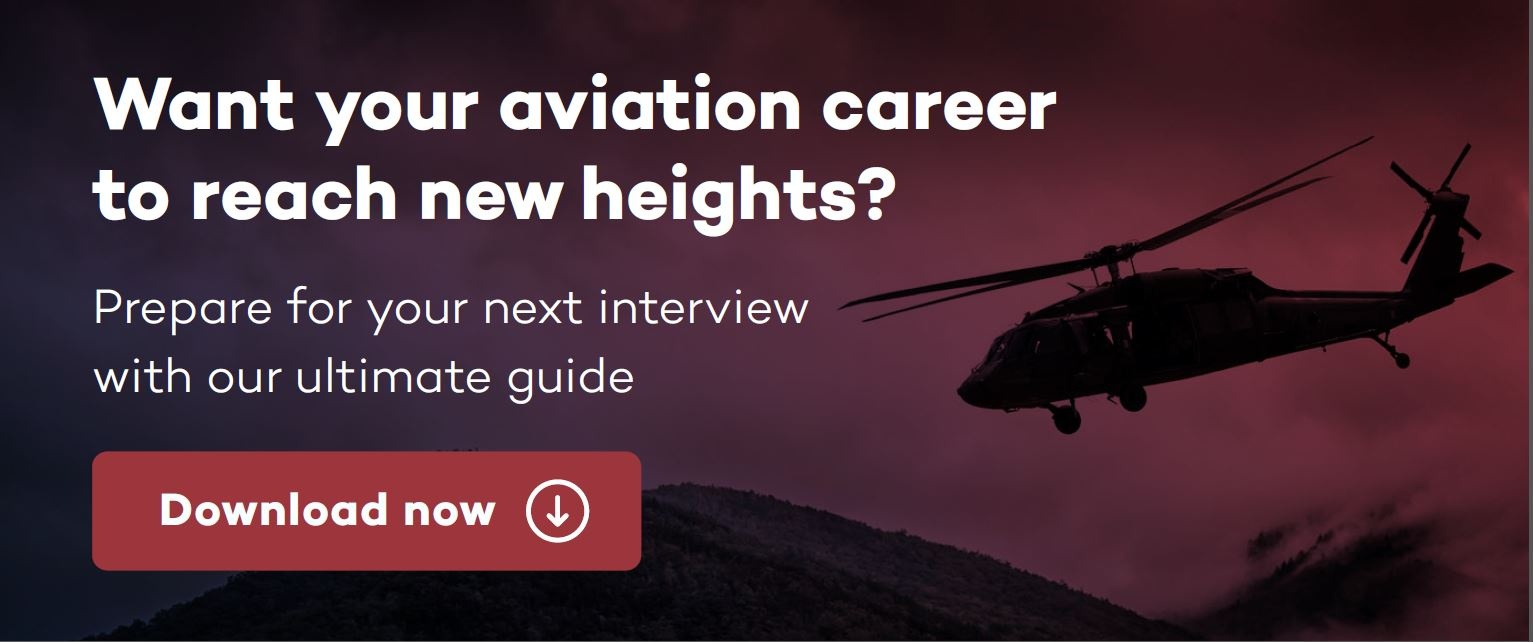The career path of a helicopter mechanic
Whether you’re just starting out as a helicopter mechanic or are progressing through your career...
...it’s good to know what your options are and how to go about things.
In this blog, we cover everything from qualifications to what you can expect an aircraft mechanic salary to be.
Let’s start with the basics.
A helicopter mechanic’s job is to carry out maintenance and repair work on the airframe and powerplant, with many mechanics choosing to specialise in just one particular section or a particular type of aircraft.
Whatever you ultimately specialise in, the aim of a helicopter mechanic is to maintain the safety of the aircraft and all its passengers - which means the role comes with a high level of responsibility.
This is reflected in the salary prospects of a helicopter mechanic: according to the National Careers Service, an aircraft mechanic salary is expected to start at around £30k per year, with experienced mechanics earning up to £50k per year.
EASA Part-66 Licence
To keep in line with the safety standards set out by the Civil Aviation Authority (CAA), a helicopter mechanic must be licensed. But first, you will need to take exams to demonstrate a suitable level of knowledge in the appropriate subject modules.
Therefore, you must gain a certain amount of practical maintenance experience within a European Aviation Safety Agency (EASA) 145 Maintenance Organisation in the form of a signed logbook, which is an individual's personal record of training and standards achieved.
On completion of this period of training (around 3-3½ years), the trainee qualifies as an aircraft fitter and the EASA must decide whether they have the potential to qualify as a Licensed Engineer.
If so, they will then attend a course at a recognised aeronautical engineering training establishment in order to prepare for the CAA examinations (more on this below!)
The category of licence you apply for will depend on the amount of practical experience you have:
.jpg?width=1200&name=iStock-153495931%20(Apache).jpg)
Category A licence
A Category A licence is required for minor maintenance tasks and the replacement of parts during turnarounds. This licence can be acquired by one of three routes:
-
After one year of practical maintenance experience on operating aircraft and the completion of an approved Part 147 basic training course.
-
After two years of practical maintenance experience on operating aircraft and the completion of training considered relevant by the competent authority
-
After three years of practical maintenance experience on operating aircraft, if the applicant has no previous relevant technical training
Category B licence
A Category B licence is required for work on more complex aircraft that need more complex maintenance tasks. This is acquired after the completion of either:
1. Two years of practical maintenance experience on operating aircraft and the completion of an approved Part 147 basic training course
2. Three years of practical maintenance experience and the completion of training considered relevant by the competent authority
3. Five years of practical maintenance experience on operating aircraft if the applicant has no previous relevant technical training
Each category costs £340 and it will need to be renewed every five years, which you can find out more about here. To expand upon your experience, you are able to add further categories or subcategories to your licence, depending on the module you wish to take.
Once you have completed the EASA Part 66 Aircraft Maintenance Licence, you will be qualified to operate as a Helicopter Mechanic.
It may seem like the cost of these licences could easily add up, but sometimes the cost is covered by the company you work for. Plus, a qualified aircraft mechanic’s salary will reflect all of your hard work to gain these necessary qualifications.

Training in the military
There is also the option to go into the military to train as a helicopter mechanic. For this, you will need to start with initial military training which covers everything from fieldcraft to use of a rifle.
After this, you will then go to the Defence School of Electronic and Mechanical Engineering at MoD Lyneham to begin technical training. This will involve learning how to repair aircraft, including the hydraulic, electrical and gearbox systems.
Generally speaking, you will then be advised on the type of aircraft your skills will be best suited to working on. This is a great way to gain the qualifications and experience needed to become a helicopter mechanic.
Contract roles
A helicopter mechanic’s role can branch into several different career options. Once you have the above qualifications and experience, you could move up the ranks to become a lead mechanic, an avionics supervisor, or even a maintenance controller.
To get there, you’ll need to obtain experience as a technician.
Or, to build upon your skills and gain further experience on a range of different aircraft, you could take on an overseas contract role.
Whether you’d like to change your current career path or are leaving the military and want to find a role on civvy street, a contract position can open up a range of opportunities.
At M&E, we have vacancies that require you to work on helicopters such as the AH-64 Apache, CH-47 Chinook, and UH-60 BlackHawk.
Based in locations across the world, including Kuwait and Afghanistan, our contract roles not only provide great opportunities to further your career as a helicopter mechanic but also offer a competitive aircraft mechanic salary.
With a dedicated point of contact, you will always have on-the-ground support and our competitive rates of pay mean that you’ll also have good earning potential.
From initial application, M&E will guide you through your role offering advice and support for the duration of your contract.
Ready to find a role that’s perfectly suited to you? Browse our vacancies today.

